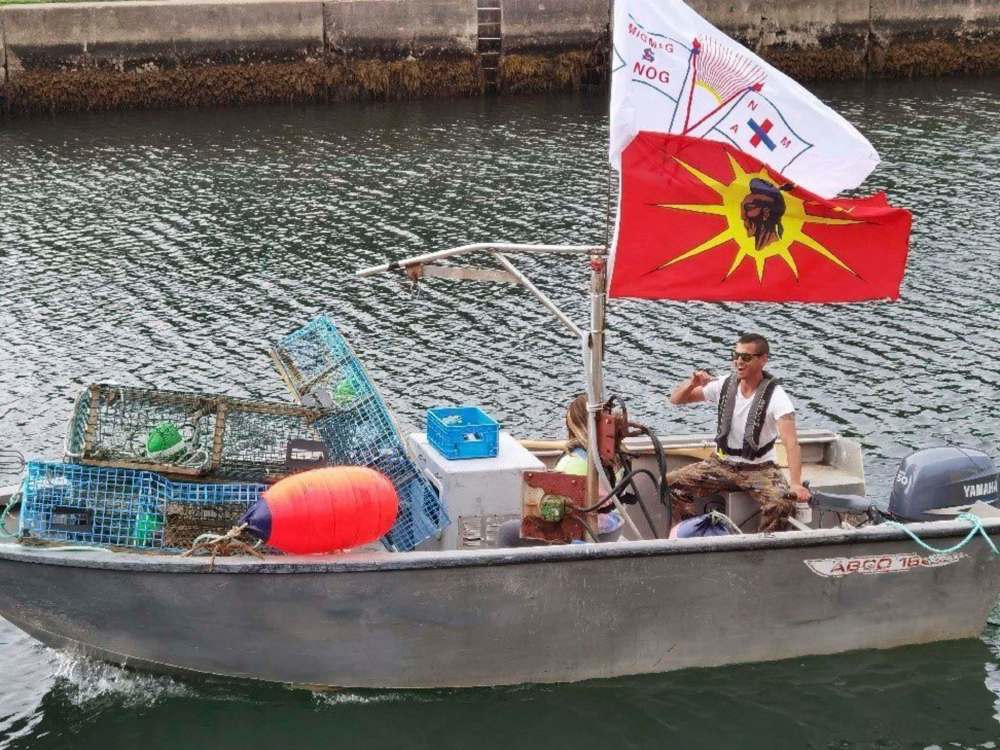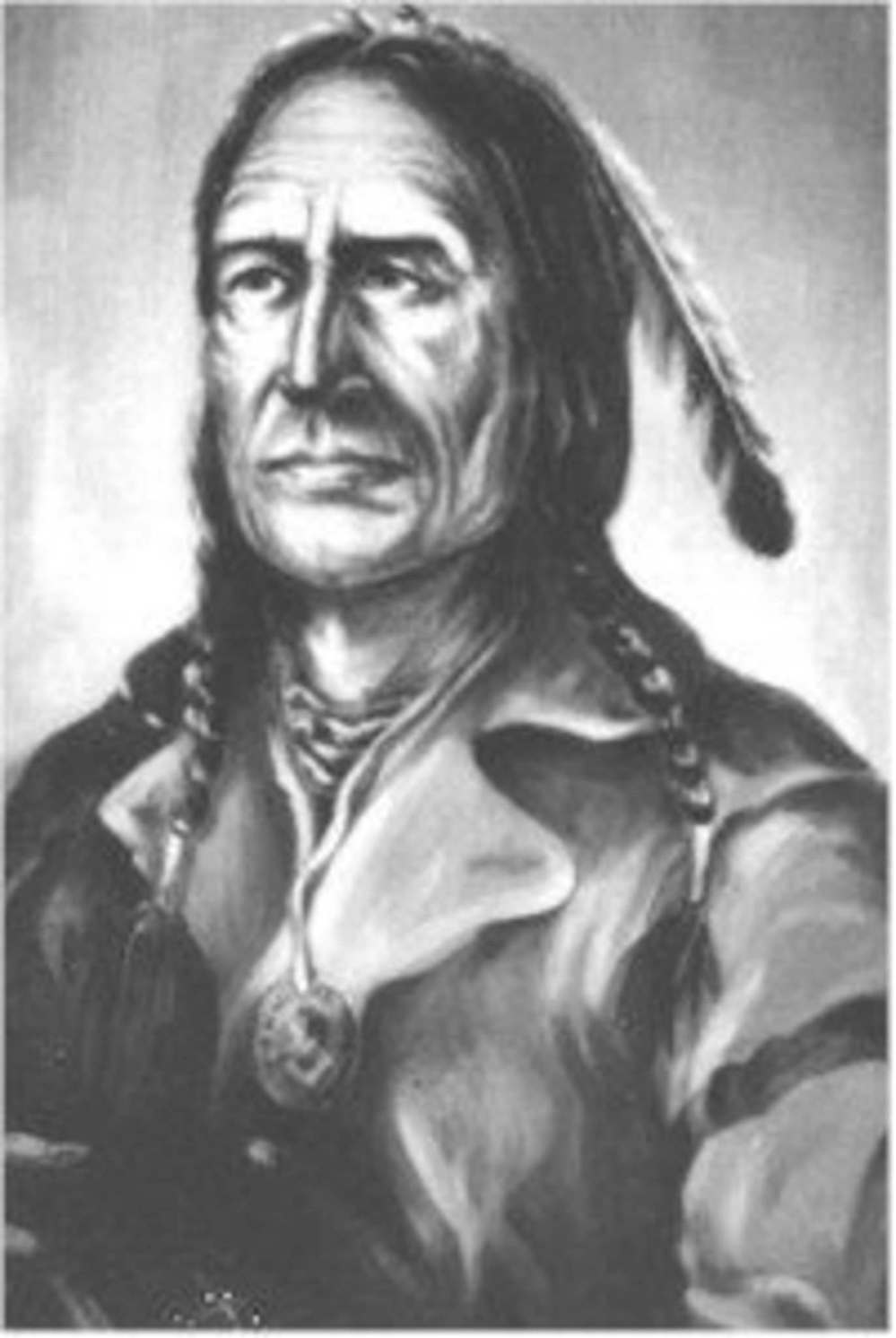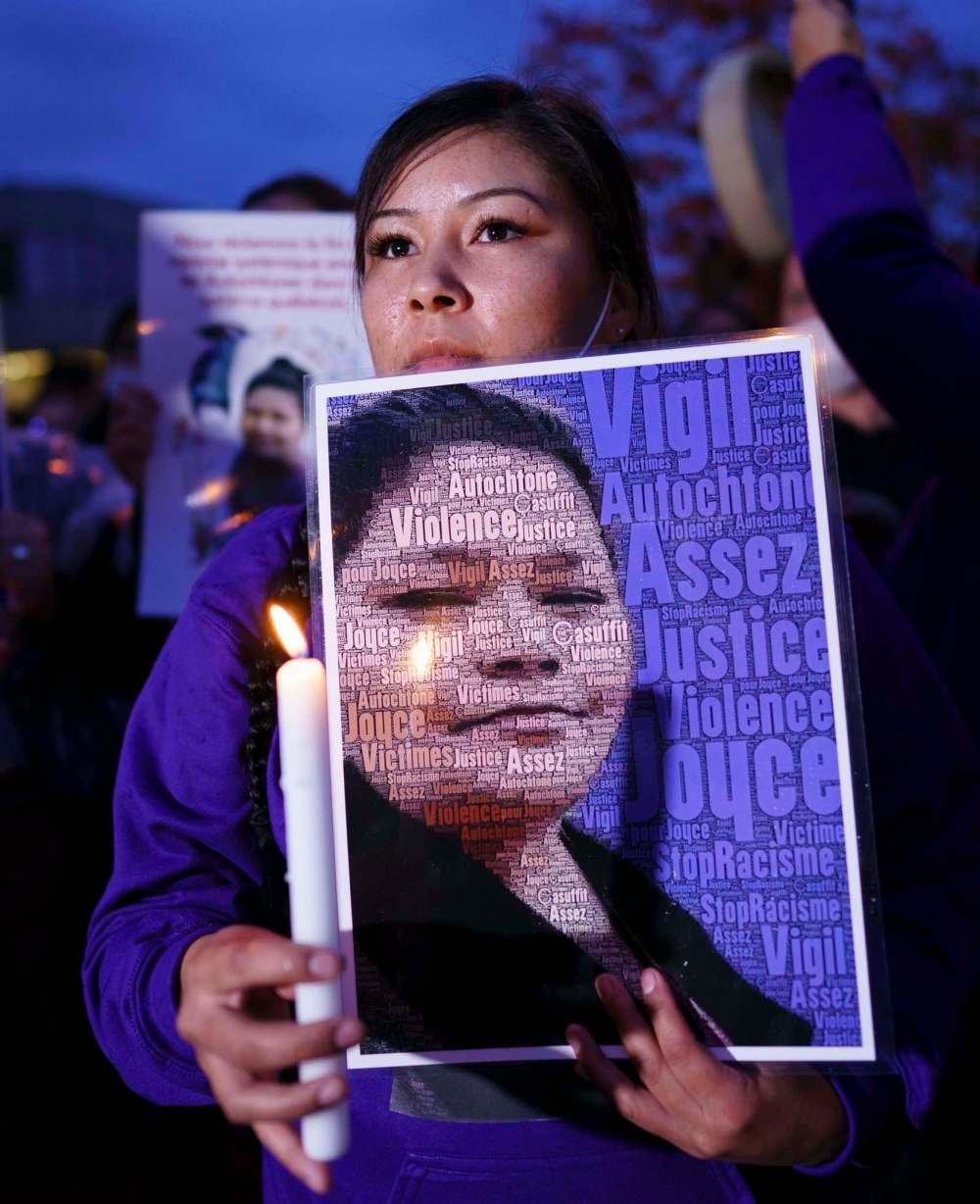Indigenous people at work changing the world
Advertisement
Read this article for free:
or
Already have an account? Log in here »
To continue reading, please subscribe:
Monthly Digital Subscription
$1 per week for 24 weeks*
- Enjoy unlimited reading on winnipegfreepress.com
- Read the E-Edition, our digital replica newspaper
- Access News Break, our award-winning app
- Play interactive puzzles
*Billed as $4.00 plus GST every four weeks. After 24 weeks, price increases to the regular rate of $19.95 plus GST every four weeks. Offer available to new and qualified returning subscribers only. Cancel any time.
Monthly Digital Subscription
$4.99/week*
- Enjoy unlimited reading on winnipegfreepress.com
- Read the E-Edition, our digital replica newspaper
- Access News Break, our award-winning app
- Play interactive puzzles
*Billed as $19.95 plus GST every four weeks. Cancel any time.
To continue reading, please subscribe:
Add Free Press access to your Brandon Sun subscription for only an additional
$1 for the first 4 weeks*
*Your next subscription payment will increase by $1.00 and you will be charged $16.99 plus GST for four weeks. After four weeks, your payment will increase to $23.99 plus GST every four weeks.
Read unlimited articles for free today:
or
Already have an account? Log in here »
Hey there, time traveller!
This article was published 20/10/2020 (1934 days ago), so information in it may no longer be current.
After a week of anti-Indigenous violence — during which Nova Scotia lobster fishers attacked Mi’kmaq evoking their treaty rights to fish, vandalized property, and allegedly burned down a lobster pound — federal Indigenous Services Minister Marc Miller participated in a news conference Monday.
Asked why RCMP stood by and watched while Canadians openly attacked and assaulted Mi’kmaq, Miller said: “Indigenous people have been let down by the police, those who are sworn to protect them… The protection of people on both sides has to prevail, and clearly that has not been the case up until now.”
Miller said the treaty right the Mi’kmaq have to fish lobster results in “an infinitely small part of commercial fisheries” (in fact, it’s one-10th of one per cent Canadians get to fish). The issue isn’t conservation (lobster stocks have repeatedly been reported as healthy) but ignorance regarding the law.

The minister said it’s remarkable how law-abiding Mi’kmaq have remained while under attack: “It is a testament to who they are that they do so peacefully.”
It is a good example of how Indigenous peoples, by the mere sake of evoking their cultural identities and livelihoods, are changing the world.
Here’s four more:
On Sunday, a peaceful election took place in Bolivia, after last year’s turmoil that resulted in the removal of president Evo Morales and almost his entire government.
Morales — one of the world’s only Indigenous presidents and extremely popular among Indigenous peoples (nearly half the electorate in Bolivia) — was forced to resign after an election allegedly sabotaged by corporate and conservative interests invested in the country’s lithium resources.
This resulted in the installation of a pro-corporate government, and an eruption of white supremacist and anti-Indigenous violence throughout the country.
Hopefully, it ends with new President Luis Arce and Vice-President David Choquehuanca from the Movement Towards Socialism party. Arce (non-Indigenous and former minister of finance) and Choquehuanca (Indigenous and former foreign minister) were endorsed by Morales, after he was ruled ineligible to run.

Wow, a country co-led by non-Indigenous and Indigenous leaders. There’s an idea.
Meanwhile, after only two weeks on the job, Quebec’s Indigenous affairs minister, Ian Lafrenière, announced he will unveil an action plan to “reset relations between the province and Indigenous communities… by Christmas.”
It comes after Joyce Echaquan, an Atikamekw woman, died in a Quebec hospital after recording harassment from hospital staff. Echaquan’s family has joined with national Indigenous leaders to demand change and end racism in Canada’s health-care system.
“There is a lot of work to do,” Lafrenière told media. Uh, yeah.
Recently, a 23-second TikTok video of Nathan (Doggface) Apodaca from the Northern Arapaho tribe in Wyoming went viral. Apodaca posted a video where he rides a motorized skateboard and drinks cranberry juice, singing along to Fleetwood Mac’s Dreams, while cruising down an Idaho highway.
Viewers loved the message of freedom and comedy in spite of the COVID-19 pandemic.

As of Monday, the video had more than 60 million views, inspired a campaign challenging others to do the same (Mick Fleetwood even did one), resulted in sponsorship contracts for Apodaca with Ocean Spray and Nissan, and renewed global exposure for Fleetwood Mac. On the weekend, the band’s 1977 Rumours album returned to the Billboard charts and Dreams into Spotify’s top 10 global songs.
Finally, and more locally, a four-year journey is culminating for advocates seeking Indigenous representation on the Manitoba legislature grounds.
Last week, Indigenous leader Bill Shead told media a new statue of Chief Peguis has been approved and funding is being found to install the first monument to a First Nations leader on the grounds of Manitoba’s government.
A statue of Métis leader (and Manitoba’s first premier) Louis Riel has sat on the grounds since 1973.
Peguis, as the negotiator and signatory of Manitoba’s first land-sharing agreement (1817 Peguis-Selkirk Treaty) is a perfect first choice to change this.
The monument “will fill a great void,” Shead told CBC. “Indigenous people of Manitoba played an important role in the establishment of the province and the city of Winnipeg, and I think that has to be recognized.”

In the midst of negativity and conflict: five stories proving Indigenous contributions changing the world — as we always have.
niigaan.sinclair@freepress.mb.ca

Niigaan Sinclair is Anishinaabe and is a columnist at the Winnipeg Free Press.
Our newsroom depends on a growing audience of readers to power our journalism. If you are not a paid reader, please consider becoming a subscriber.
Our newsroom depends on its audience of readers to power our journalism. Thank you for your support.


